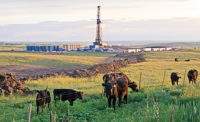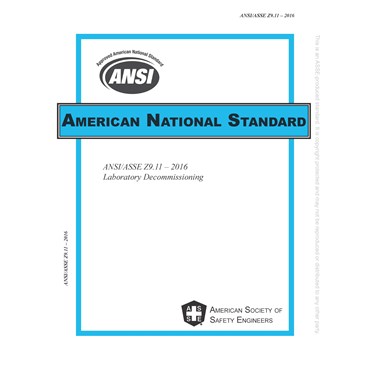We didn’t come to North Dakota for the scenery. We’re here for the money,” a trucker told a reporter from Minneapolis. He once got a $3,000 ticket for driving a truck that was 20,000 pounds overweight. “You have to go heavy just to keep up with the wells,” he said.
“We try to run as hard as we can,” another trucker told the reporter. His dump truck piled high with dirt pulled off a scale one day in the Bakken oil field region of North Dakota weighing 19,000 pounds above its limit of 82,000 pounds.
Boomtown America
The surge in oil and gas extracted from the Bakken in the past six to eight years is a classic Americana boomtown tale. It’s men, most in their 20s, 30s, some in their 40s or older, some right out of high school, who have flocked to the remote Badlands of western, wind-swept North Dakota. Thousands have poured in – or invaded as some of the locals protest. They’ve left behind, or are trying to leave behind, the stagnant U.S. economy, the worst post-recession recovery in memory. Said a middle-aged trucker interviewed for a documentary: “Until I got to the Bakken, every job I took paid less than the one before.”
Go back to the 1600s, from the beginning the history of the U.S. has been about risk versus reward. The quest first brought Europeans across the Atlantic in dangerous voyages unimaginable to us today. Revolutionaries fought for years to throw off the shackles and taxes of a distant king. Pioneers, sodbusters, 49ers, fur traders and fortune-seekers risked arrows, buckshot, blizzards, starvation, madness, robbery and bankruptcy as they ventured further and further west.
Age-old sacrifices
In September, 2014, The Atlantic magazine published a lengthy piece on the Bakken and “the sacrifices Americans endure to find decent work.” It’s the same old story. Mostly young, restless, dissatisfied individuals take stock of their situation and make personal risk assessments. What are the odds of landing a $70,000 to $150,000 job in the Bakken, what are the chances of failing? What are consequences if I make it? What happens if I don’t? Is it worth uprooting my family and moving them thousands of miles?
Still, the industry requires due diligence before jumping in. And there are always surprises — especially if you’re blinded by optimism and “can do” confidence. So as the Bakken boom has seen rural counties and small towns double and triple in population size in recent years, many newcomers arrive to discover they must sleep in their cars in a Walmart parking lot or RV camps, pay $6.59 for a gallon of milk, $300 or $400 for a week’s worth of groceries, put up with bumper-to-bumper gridlock on old country roads, expose their families to Mexican cartel drug trafficking, wary old-school neighbors, and rising at three a.m. to begin another 12- to 16-hour shift.
Weighing risks and rewards
Most of the Bakken boomers are realistic about the risks versus the rewards. So what if you’re running pipe until ten p.m. in the summer because that’s when the sun sets. Or you’re facing wind-chills 40-50 degress below zero in the winter. It beats selling shrimp in Baton Rouge, delivering pizzas in Portland, Maine, or eking out a living in dying towns in Mississippi and West Virginia. “There’s a reason it pays as much as it does,” a bleary-eyed man who trucks crude oil told the reporter of The Atlantic article. “It’s not hard work, just dangerous. We don’t know half the stuff that we’re breathing in.”
And if authority has to be resisted in the pursuit of happiness, well, that’s an old American tale, too. “We’re not going to run legal because we’re not going to make no money,” said a trucker who over-loaded his rig and ignored federal limits on driving shifts. Motorists tend to ignore the 45-mile-an-hour speed limit in the construction zone on Highway 85, which is going from two to four lanes between Watford City and Williston, because as The Atlantic reporter writes, “Around here, you earn more the faster you move.”
Familiar pressures
This pressure has always been the bane of safety management. Faster is better. Keep the line moving. The Bakken boomers also epitomize values and ethics that can be at cross-purposes with keeping workers safe. “I’m not a guy who just wants to get by,” said a trucker who had come up from Arkansas in The Atlantic article. “I want to get ahead. I want to be successful. I want to have things, most things cost money. Money is important in life.”
Or, as the reporter asked a young community college graduate, “You want to be like the guys coming in, dirty, sweaty, their hands are black, faces have dirt on them, 16 hours day?” “Yeah,” he said, “that would be amazing.” He wanted to feel tired at the end of the day, like he’d accomplished something, he told the reporter. “I can’t sit all day and not be pushing myself.”
There it is, in the Bakken as everywhere else, safety’s age-old challenge: human nature.





